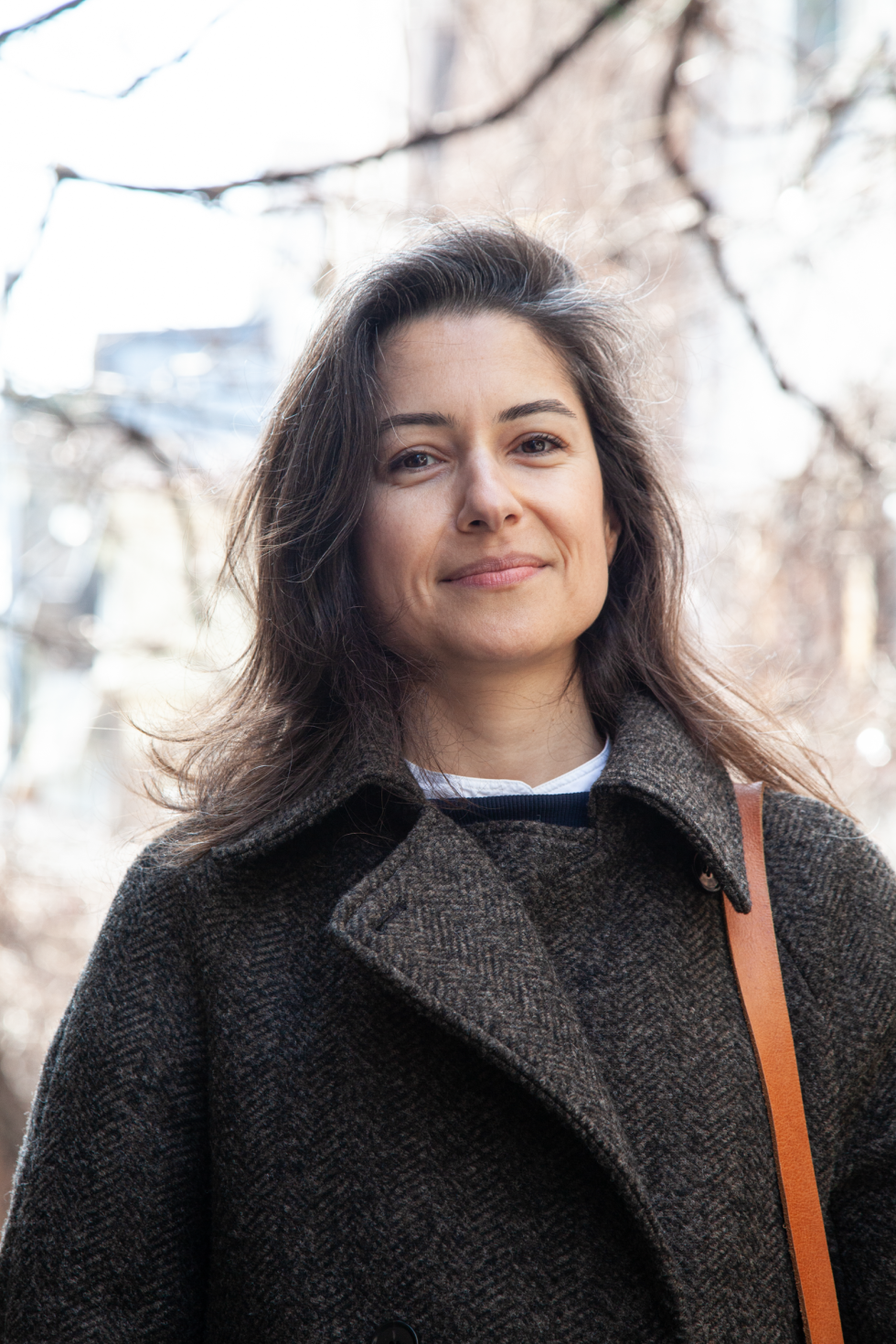Arzu Geybullayeva - Azerbaijan Collapse

"The first thing I learned when I experienced online threats for the first time was that it was meant to sideline or silence me. It is the worst thing that could happen. Because if the other side succeeds at silencing you, then it means they won. I did not want them to win. Not because I wanted to win instead, but because I thought this was simply cruel and unjust. I will not let the ‘’bad guys’’ take away from me what I am passionate about."
Listen to Arzu telling her story here:
I actually never thought that my gender would affect the work I do. Not until I was targeted online and offline for the first time back in 2014. And back then, the targeting was not because I was a woman but it was because of the work I did. My gender only gave an upper hand to the attackers because they could then use sexist language while targeting me. Surely, threatening a man with rape is not the same as describing in detail all the ways I should be raped or punished.
It takes a toll. No matter how prepared you think you may be for harassment due to previous experiences, each time it takes place, you go through a similar experience. First of all, it affects your mental health. You start to have trouble sleeping, suffer from anxiety, start to question yourself, and consider various dangerous solutions, including - and I apologise for being blunt - self-harm. Then there is the reputation damage. When you have spent years building your credibility this harassment and violence can cross out all that work and effort in a matter of minutes. It was therefore necessary to change my presence online by deactivating my Instagram and Facebook.
The first thing I learned when I experienced online threats for the first time was that it was meant to sideline or silence me. It is the worst thing that could happen. Because if the other side succeeds at silencing you, then it means they won. I did not want them to win. Not because I wanted to win instead, but because I thought this was simply cruel and unjust. I started documenting the threats, something I do until today. And I started to share my experience so other journalists who face similar threats know that they are not alone - because I believed I was when I first experienced the threats. I also realised I was not a superhuman, so taking breaks from social media became important. But the best thing to do (which is also the hardest) is not to pay attention. To be dismissive.
I know for certain that we (including myself) are not in this line of work for getting patted on our shoulders. We are in this because we believe in this profession and the stories we produce. I think the threats and the challenges we face along the way are just as important for others to know. It makes such a big difference to know that while you are bombarded with threats online or offline, there are people out there who trust you. Who believe in you, and most importantly know that these threats are carried out with the sole purpose of silencing you. Every supportive message counts in these times. But for that to happen people must know, they must be made aware of.
